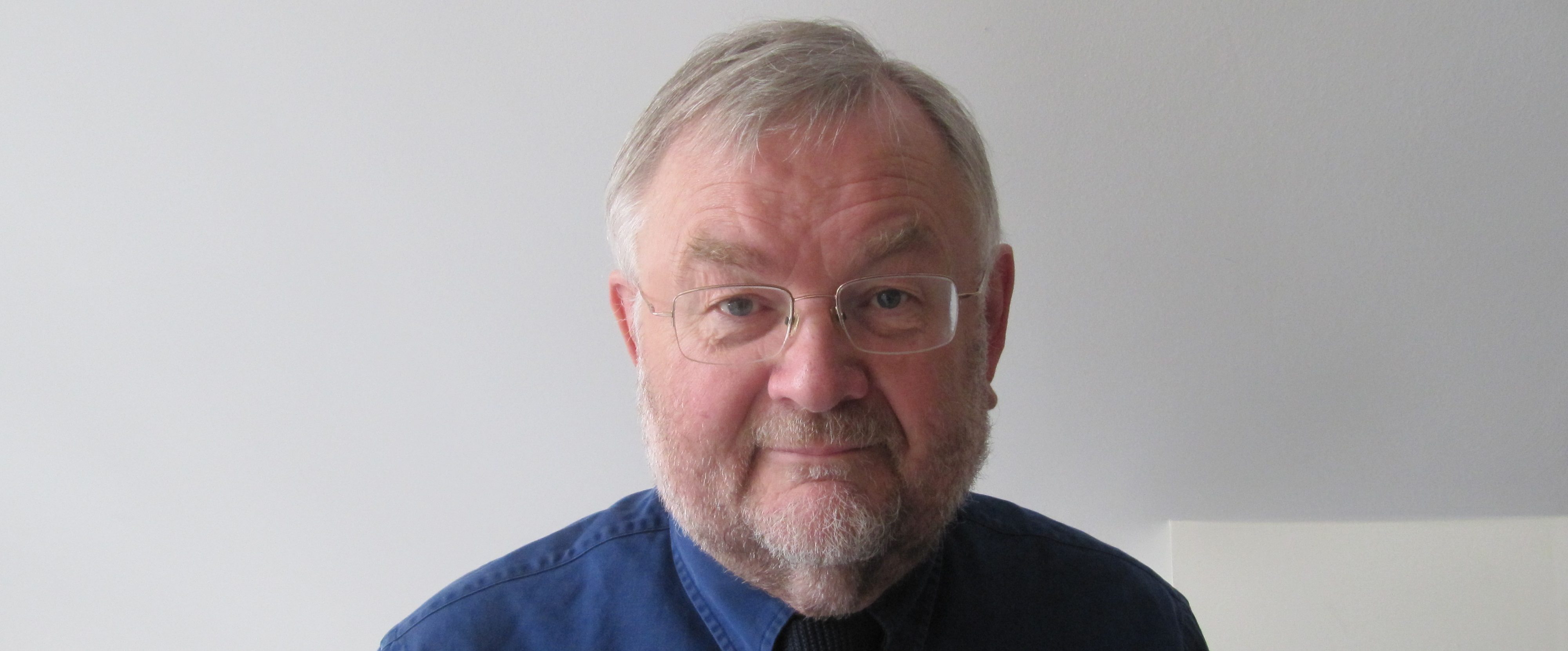There is currently a debate about the worth of the jury system, following the collapse of the trial of Vicky Pryce, a politician’s wife accused of lying to prevent his being disqualified from driving.
The concern comes from questions which the jury foreman asked the judge. For example, he enquired what was meant by “reasonable doubt”: the irascible justice replied ‘doubt that is reasonable’, which strikes me as a poor response. Ooops, contempt of court ?? When I served as a juror, our judge explained carefully that we needed to be sure of our conclusions, but must not invent any fanciful reasons why the accused might just be innocent. The Pryce foreman also asked if the jury could take into account matters not tested in court: the answer is ‘of course not’, but I would guess he was trying to control a wayward member of his jury, not overturn British legal principles. The press has also expressed outrage that another jury asked for a whiteboard and marker pens, when this seems to me an entirely reasonable request: it’s equipment available at the most humble of management meetings.
I have done jury service twice. I understand the reasons why I cannot give details that could identify the cases, but an outline should help the current debate. A useful video explained what would happen, and how our job worked. Then we were sent off to our work. My jury members were a diverse bunch – black and white, male and female, a carpenter and a stockbroker. It’s worth saying that, against the hints that the problem with the Pryce jury was that they were a little too, what shall we say, ethnic. We did four cases, and each time I was impressed with their commitment, honesty, and common sense. The dress sense – something the press seemed to think was crucial – may have been awry (the foreman’s Hawaiian shorts and flip-flops would not have been my choice) but I don’t believe the verdicts were.
What was common to the cases was the incompetence of the lawyers, who took hours to establish simple points and tried to befuddle straightforward cases. In one instance, they alleged police brutality had taken place after the offence we were trying: so, it might have been true but it was clearly irrelevant to whether or not the defendant committed the offence. In another case, the defence claimed mistaken identity for an assailant plainly caught on camera and grabbed by bouncers to be handed over to the police. And an accusation of shoplifting fell because someone – whether the prosecuting authorities or the retailer, I don’t know – could not produce the security guard or the manager from the day of the offence, and ignored compelling medical evidence of innocence. Now we are told we need lawyers to guide juries. Lawks a mercy. We don’t want lawyers on juries – the whole point is to get a lay person’s view. The fact that a judge could not answer a sensible question about the meaning of reasonable doubt was shows how much this is needed.
Also noticeable was the inefficiency of the system: my wife later served for two weeks without hearing a single case. It seems that this is often the effect of a defendant pleading guilty on the day: making this option available only up to 24 hours before the start of proceedings might concentrate minds as well as save time and money.
